
Find Help
More Items From Ergsy search
-

Can dengue fever be contracted in the UK?
Relevance: 100%
-
Can Dengue fever be transmitted through blood transfusions?
Relevance: 64%
-
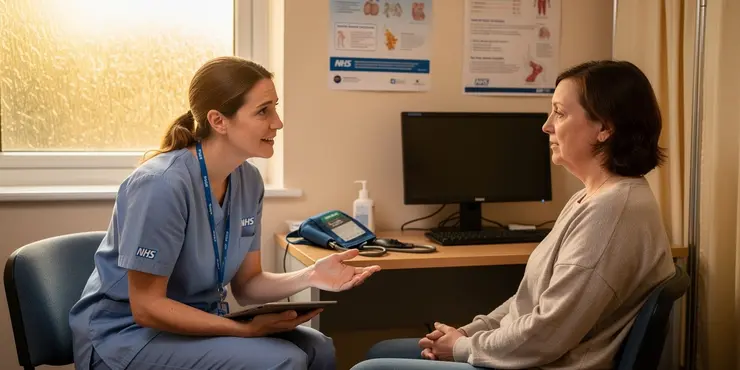
What is Dengue Fever?
Relevance: 59%
-

What is a smart contract?
Relevance: 36%
-
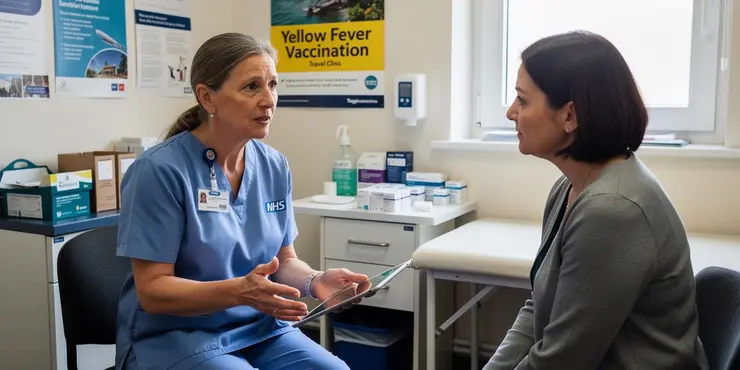
Are any vaccines available in the UK for mosquito-borne diseases?
Relevance: 34%
-

Is it better to sign up for a long-term or short-term contract?
Relevance: 32%
-

What diseases are spread by mosquitos in the UK in 2025?
Relevance: 31%
-
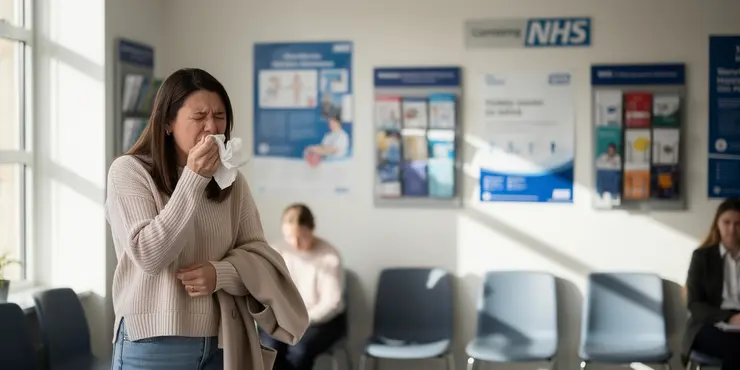
What is hay fever?
Relevance: 30%
-
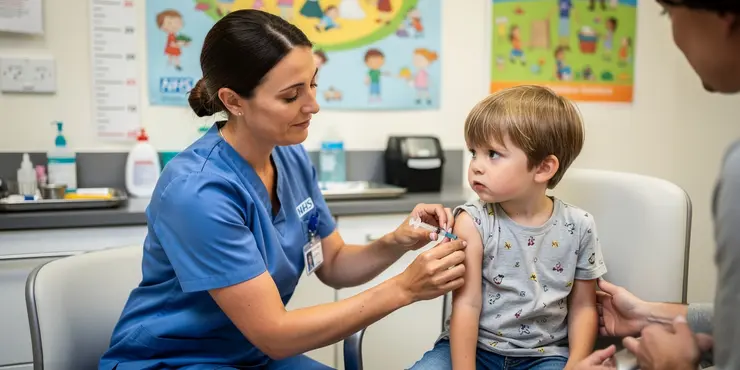
Who is at higher risk of contracting meningitis?
Relevance: 30%
-

Are zero-hour contract workers entitled to the National Living Wage?
Relevance: 29%
-

Caring for a child with fever | NHS
Relevance: 29%
-

Hay fever advice | NHS
Relevance: 28%
-
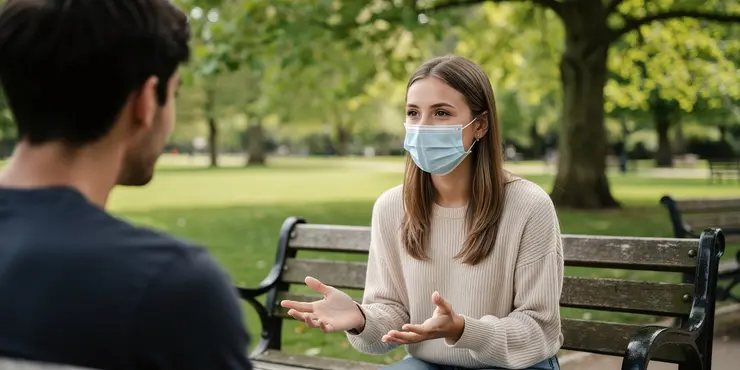
Do masks help with hay fever?
Relevance: 28%
-
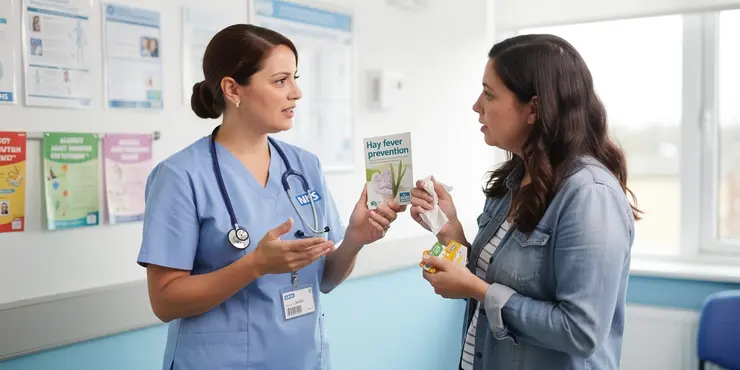
Can hay fever be prevented?
Relevance: 28%
-
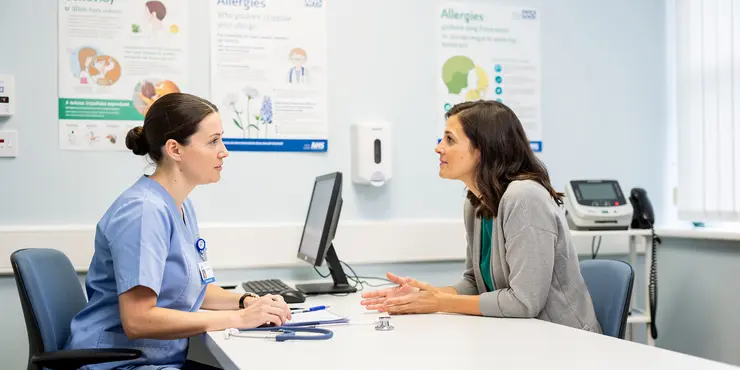
What are the common symptoms of hay fever?
Relevance: 28%
-
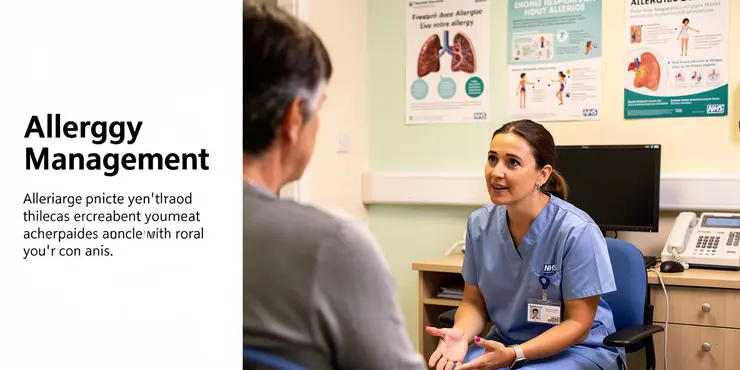
Is there a link between hay fever and asthma?
Relevance: 28%
-
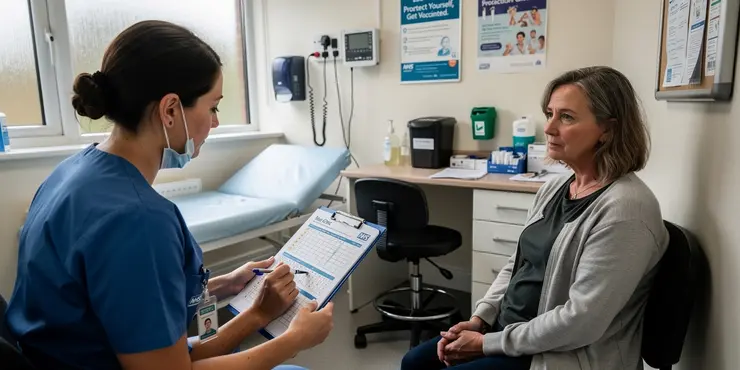
Is there a risk of yellow fever being spread by mosquitoes in the UK?
Relevance: 28%
-
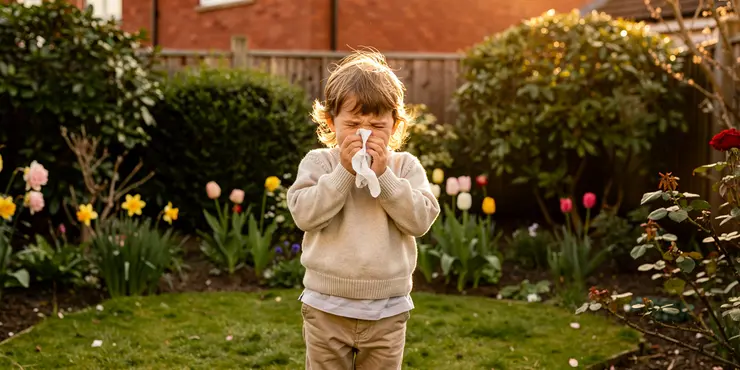
Can children develop hay fever?
Relevance: 27%
-

How to treat glandular fever | NHS
Relevance: 27%
-
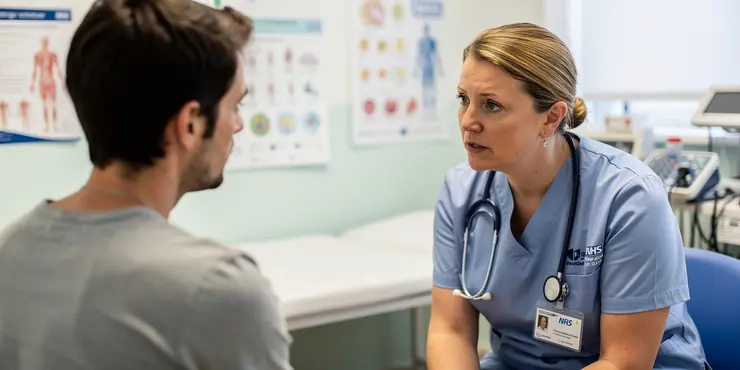
Can hay fever occur year-round?
Relevance: 27%
-

Do pets contribute to hay fever?
Relevance: 27%
-

Are some people more prone to hay fever?
Relevance: 27%
-

Antihistamines how they work with hay fever
Relevance: 26%
-

Is hay fever more common in urban areas?
Relevance: 26%
-

Can diet influence hay fever symptoms?
Relevance: 26%
-
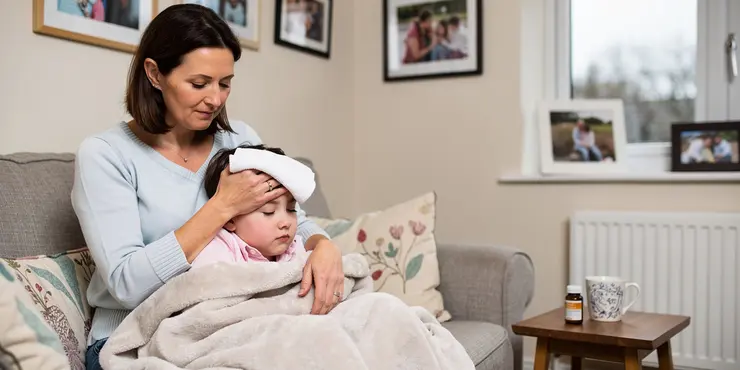
Which medication should be avoided for children with fevers?
Relevance: 26%
-
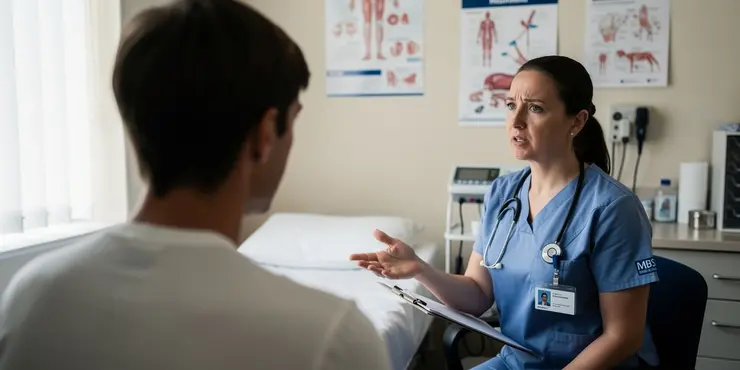
Can hay fever symptoms mimic other conditions?
Relevance: 26%
-
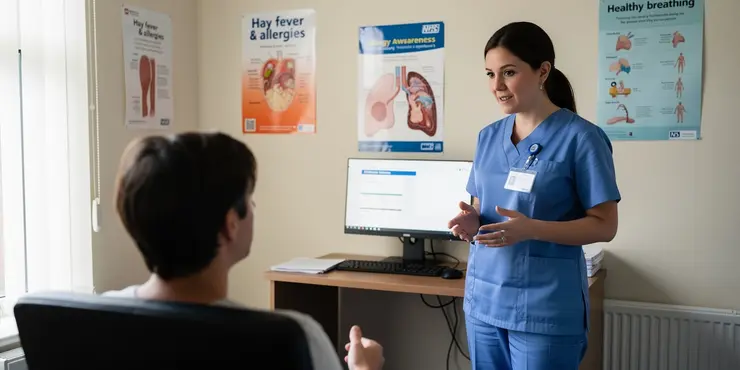
Do all plants produce pollen that causes hay fever?
Relevance: 25%
-
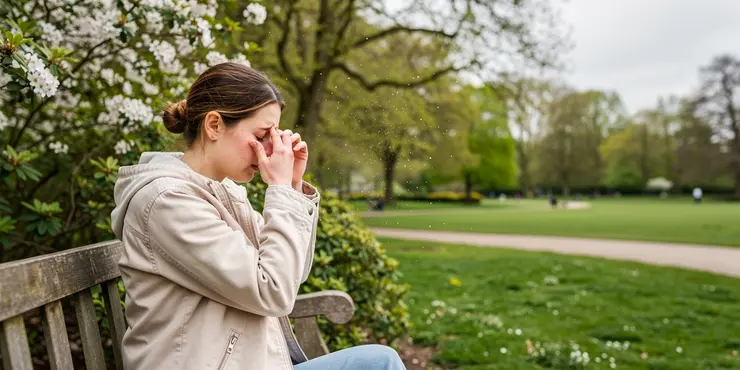
How does pollen affect people with hay fever?
Relevance: 25%
-
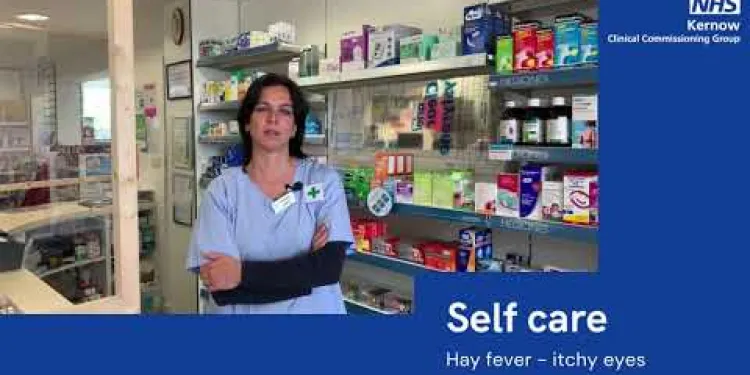
Self care - hay fever itchy eyes
Relevance: 25%
-
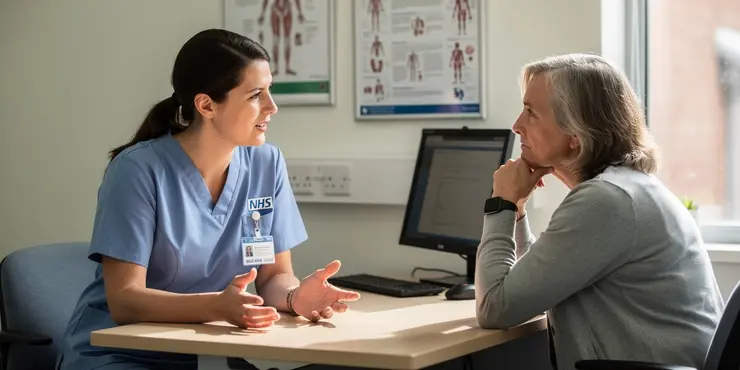
Why are experts warning of rising hay fever cases?
Relevance: 25%
-

Experts Warn of Rising Hay Fever Cases as Pollen Counts Surge
Relevance: 24%
-
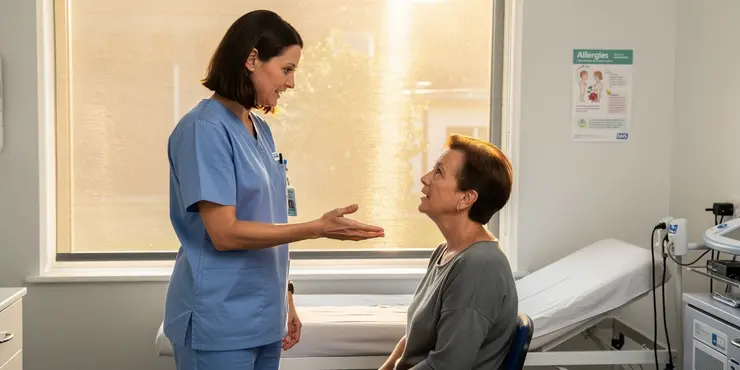
Can mosquito screens help reduce hay fever symptoms?
Relevance: 23%
-

Can lifestyle changes help manage pain and fever during pregnancy?
Relevance: 23%
-
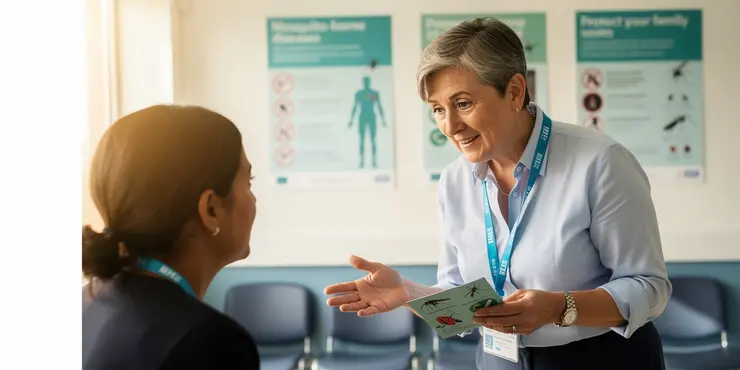
Are there any new mosquito-borne diseases emerging in the UK in 2025?
Relevance: 22%
-
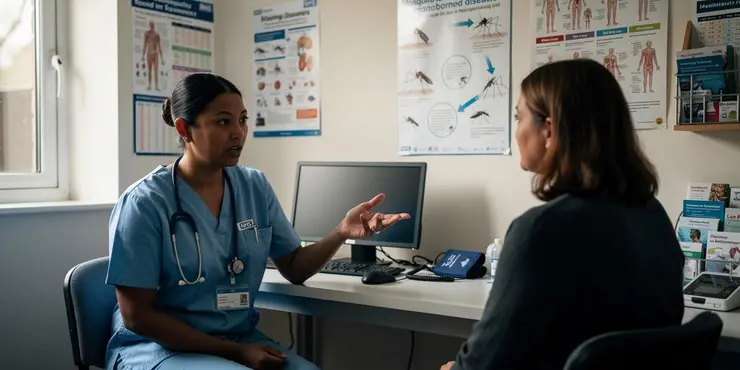
What regions of the UK are most affected by mosquito-borne diseases?
Relevance: 21%
-
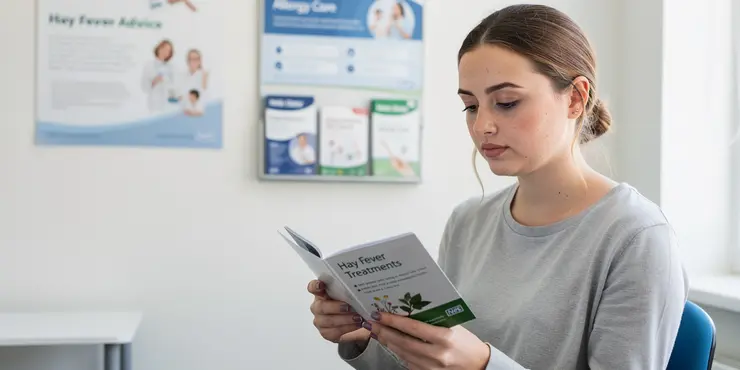
Are there any treatments for hay fever?
Relevance: 21%
-
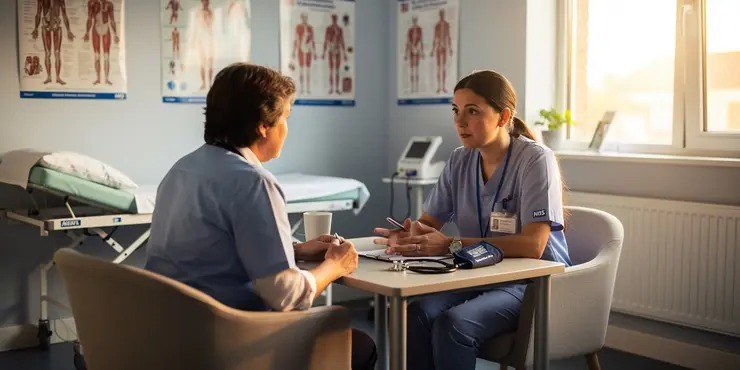
What should someone from the UK do if they think they have Zika virus after traveling?
Relevance: 21%
-

What is a typical hay fever season?
Relevance: 21%
-
Do all mosquitoes in the UK carry diseases?
Relevance: 19%
Dengue Fever Overview
Dengue fever is a tropical disease caused by the dengue virus, which is transmitted by mosquitoes, primarily the Aedes aegypti and Aedes albopictus species. It is characterized by a sudden onset of fever, severe headache, pain behind the eyes, joint and muscle pain, and a rash. While dengue is prevalent in many parts of the world, particularly in tropical and subtropical regions, its presence in the United Kingdom has been a topic of interest and concern.
Current Situation in the UK
As of now, dengue fever is not endemic to the UK. The UK does not have the right environmental conditions to support the widespread presence of the Aedes mosquitoes responsible for transmitting dengue. These mosquitoes thrive in warm and humid climates, which are not typical of the UK's temperate weather conditions. Therefore, the likelihood of local transmission of dengue within the UK is currently very low.
Imported Cases and Travel Considerations
While local transmission in the UK is rare, cases of dengue fever are occasionally reported in individuals who have recently traveled to areas where the disease is more common. These are known as imported cases. UK residents traveling to endemic regions, such as parts of Asia, the Caribbean, and Latin America, should take precautions to avoid mosquito bites by using insect repellent, wearing long sleeves and pants, and sleeping under mosquito nets.
Climate Change and Future Risks
Climate change may alter the distribution of mosquito species worldwide, potentially increasing the risk of dengue transmission in regions like the UK that were previously considered low-risk. Warmer temperatures could create more favorable breeding conditions for the Aedes mosquitoes. This necessitates ongoing monitoring and research to assess the potential future risk of dengue in the UK.
Preventive Measures and Recommendations
To minimize the risk of dengue and other mosquito-borne diseases, the UK public health authorities recommend several preventive measures. These include eliminating potential mosquito breeding sites such as stagnant water in containers, garden equipment, and unused tires. Additionally, travelers to dengue-endemic areas should remain informed about the latest health advisories and take appropriate precautions.
Conclusion
In conclusion, while indigenous transmission of dengue fever is not currently a concern within the UK, the global nature of travel could lead to imported cases. Public awareness, preventive strategies, and staying informed about changes in mosquito distribution due to climate factors are crucial steps in mitigating any potential future risks associated with dengue fever in the UK.
What is Dengue Fever?
Dengue fever is an illness you get from a virus. Mosquitoes give the virus to people. These are the mosquitoes that cause dengue: Aedes aegypti and Aedes albopictus. When you have dengue, you get a high fever, bad headache, pain in your eyes, pain in your joints and muscles, and a rash. You find dengue a lot in hot places. People are curious and worried if you can get it in the UK.
Dengue Fever in the UK
Right now, you cannot get dengue from mosquitoes in the UK. The UK is not warm and humid enough for the mosquitoes that carry dengue. Because it is not hot and wet like tropical places, you are not likely to get dengue in the UK.
Travel and Dengue
Even though you cannot get dengue in the UK, some people get it when they travel. These people visit places where dengue is common, like Asia, the Caribbean, and Latin America. When you travel to these places, it is important to stay safe from mosquito bites. Use bug spray, wear long clothes, and sleep under a mosquito net.
Future Possibilities
Climate change might make more places warm. This could mean the mosquitoes that carry dengue could live in new places, like the UK. If it gets warmer, we will need to watch out for mosquitoes that spread dengue and learn more about them.
How to Stay Safe
To keep safe from dengue and other diseases from mosquitoes, UK health experts say to do a few things. Get rid of water where mosquitoes might breed, like in buckets, old tires, and plant pots. When you travel to places with dengue, listen to health advice and protect yourself from mosquito bites.
Summary
In short, you don’t have to worry about getting dengue from mosquitoes in the UK right now. But because people travel a lot, dengue can still come into the UK with travelers. Being aware, using preventive measures, and watching for changes in the weather can help keep dengue risks low in the future.
Frequently Asked Questions
Can dengue fever be contracted in the UK?
Dengue fever is not endemic in the UK, but there is a very low risk of contracting it from imported cases.
How is dengue fever typically transmitted?
Dengue fever is transmitted through the bites of infected Aedes mosquitoes, primarily in tropical and subtropical regions.
Are Aedes mosquitoes present in the UK?
Aedes mosquitoes, particularly Aedes aegypti, which is the primary vector for dengue, are not established in the UK.
Has there been any reported case of locally transmitted dengue in the UK?
As of the latest reports, there have been no confirmed cases of locally transmitted dengue fever in the UK.
Can travelers bring dengue fever to the UK?
Yes, travelers returning from regions where dengue is prevalent can bring the virus to the UK, but it typically remains isolated cases.
What measures are in place to prevent dengue in the UK?
Public health authorities in the UK monitor travelers and imported cases, but since local mosquito vectors are absent, the risk of outbreaks is minimal.
How common are mosquito-borne diseases in the UK?
Mosquito-borne diseases are rare in the UK due to its climate and the absence of the primary mosquito vectors for diseases like dengue, malaria, and Zika.
What should travelers do to prevent dengue when visiting affected regions?
Travelers should use mosquito repellent, wear long sleeves and pants, and stay in accommodations with screens or air conditioning.
What symptoms should someone look out for if they suspect dengue?
Symptoms include high fever, severe headache, pain behind the eyes, joint and muscle pain, rash, and mild bleeding.
Is there a vaccine for dengue fever?
Yes, there is a vaccine, but its use is limited to certain populations in high-risk areas and it's not commonly administered in the UK.
How likely is climate change to impact dengue transmission in the UK?
Climate change could potentially make the UK more hospitable to Aedes mosquitoes in the future, but currently, the risk remains low.
What areas are most at risk for dengue transmission globally?
Dengue is most prevalent in tropical and subtropical climates, particularly in parts of Asia, Latin America, and Africa.
What are the potential complications of dengue fever?
Severe dengue can cause serious complications like bleeding, organ impairment, and plasma leakage, which can be life-threatening.
What public health resources are available in the UK for dengue awareness?
The NHS and public health agencies provide guidelines and information for travelers and health professionals regarding dengue.
How has the UK historically dealt with imported dengue cases?
Imported cases are managed by treating the symptoms, isolating the patient to prevent local transmission, and monitoring by health services.
Is there ongoing research in the UK regarding dengue fever?
Yes, research institutions in the UK participate in global efforts to study dengue fever and develop better prevention and treatment methods.
Can dengue mosquitoes survive in the UK climate?
The UK climate is generally not suitable for Aedes mosquitoes, as they require warmer temperatures and specific environmental conditions.
What should healthcare providers in the UK do when they encounter a suspected dengue case?
Health providers should report the case to public health authorities and provide symptomatic treatment while avoiding the use of NSAIDs.
Could imported goods contribute to the spread of dengue in the UK?
The risk of dengue spreading through imported goods is extremely low, as the virus does not survive long outside the host.
What role do international travel restrictions play in controlling dengue spread to the UK?
Travel restrictions can help control potential outbreaks by monitoring and advising travelers from dengue-endemic areas.
Can you get dengue fever in the UK?
Dengue fever is a sickness you get from mosquito bites.
In the UK, it's very rare to get dengue fever. That's because the mosquitoes that spread it are not usually found here.
If you travel to hot countries, you might find these mosquitoes.
To stay safe, use bug spray and wear clothes that cover your skin in these places.
Dengue fever is not common in the UK. The chance of catching it is very low, even from people coming from other countries.
How do people usually get dengue fever?
Dengue fever spreads when Aedes mosquitoes, which are sick, bite people. This happens mostly in warm and rainy places.
Are Aedes mosquitoes in the UK?
Aedes mosquitoes are special bugs that can live in some places. They like warm weather. But don't worry, there are ways to see if they are around.
- Look for news or ask an adult if they've heard about Aedes mosquitoes.
- Use the internet with an adult to check safe websites.
If you are still not sure, it's ok to ask someone who knows more, like a teacher or expert.
Aedes mosquitoes are a type of bug that can spread sickness. Aedes aegypti is a special kind of this bug. It spreads dengue, which can make people very sick. These bugs do not live in the UK.
Is there dengue in the UK from mosquito bites?
Dengue is a sickness from mosquito bites. In the UK, people usually don't get it from local mosquitoes. They might get it when they visit other countries.
To learn more, you can use easy websites with clear pictures and talk to someone who knows about health, like a doctor.
Right now, there are no known cases of people catching dengue fever in the UK.
Can people bring dengue fever to the UK?
Dengue fever is a sickness you can get from mosquito bites in some hot countries. If you visit a place with dengue fever and get bitten, you might get sick.
When you come back to the UK, you can bring the sickness with you. But don't worry, our UK mosquitoes usually don't spread dengue fever.
If you feel sick after your trip, it's a good idea to see a doctor. VisiChat, AudioBooks, or Talking Stickers can help you understand more about this.
Yes, people who come back from places where there is dengue can bring the virus to the UK. But usually, there are only a few cases.
What is being done to stop dengue in the UK?
Health workers in the UK watch people who travel and bring diseases from other places. Because there are no local mosquitoes that can spread these diseases, it is not likely there will be outbreaks.
Do people in the UK get sick from mosquito bites often?
In the UK, it is not very common to get sick from mosquito bites. Most mosquitoes there do not spread diseases.
If you are going to places where mosquitoes do spread diseases, it is important to use bug spray and wear long sleeves and pants to protect yourself.
Visual aids like pictures of mosquitoes and protective clothing can help. Listening to information about mosquito bites can also be useful.
Diseases from mosquitoes are not common in the UK. This is because of the weather and the types of mosquitoes that live there. The mosquitoes that spread diseases like dengue, malaria, and Zika do not live in the UK.
How can travelers stop getting dengue in places where it happens?
Dengue is a sickness from mosquito bites. Here is how travelers can keep safe:
- Wear long clothes: Put on long shirts and pants to cover your skin.
- Use bug spray: Put on mosquito spray to keep bugs away.
- Stay inside: Sleep in places with nets or closed windows.
- Avoid water: Do not stay near standing water where mosquitoes live.
Ask for help from doctors or guides when you travel to know what else to do. Carry these things to stay safe and enjoy your trip without worries!
When you go on a trip, use spray to keep mosquitoes away. Wear shirts with long arms and long pants. Stay in places with nets on windows or air conditioning to keep mosquitoes out.
What signs to watch for if you think you have dengue?
Dengue is an illness. If you think you might have it, look out for these signs:
- High fever - feeling very hot
- Bad headache
- Pain behind the eyes
- Joint and muscle pain - achy body
- Rash - red and itchy skin
- Nausea - feeling like you might be sick
- Vomiting - being sick
- Feeling very tired
If you notice these signs, it's important to tell a doctor. They can help you feel better.
Use pictures or videos to understand better. Ask an adult for help if you need it.
Signs of the sickness are:
- A high fever (you feel very hot)
- A really bad headache
- Pain behind your eyes
- Hurting in your joints (where your bones meet) and muscles (the parts that help you move)
- A red, spotty rash on your skin
- Mild bleeding (like a nosebleed or bleeding gums)
You can use pictures or videos to help understand better. Ask someone you trust to explain or use a dictionary for hard words.
Is there a medicine to stop dengue fever?
Dengue fever is a sickness you can get from mosquito bites. There is a special medicine called a vaccine that can help stop people from getting dengue fever.
Ask your doctor if the vaccine is right for you. They can help you understand more about it.
Talking to someone like a nurse can also be very helpful. They can answer your questions and explain in simple words.
Yes, there is a shot to help stop the disease. But only some people in danger get it. They do not give this shot often in the UK.
Will climate change affect the spread of dengue in the UK?
Climate change means the weather is changing. It is getting warmer.
Dengue is a sickness spread by mosquitoes. Mosquitoes like warm weather.
As it gets warmer in the UK, mosquitoes might spread dengue here.
Tools like pictures and simple charts can help you understand these changes.
In the future, climate change might make it easier for Aedes mosquitoes to live in the UK. But right now, there is not much danger.
Where in the world is dengue most common?
Dengue happens a lot in warm and wet places. These places are in parts of Asia, Latin America, and Africa.
What problems can dengue fever cause?
Dengue fever is a sickness you get from a mosquito bite. Sometimes it can lead to other problems.
Here are some problems that can happen:
- You might bleed from your nose or gums.
- You could feel really tired and weak.
- Your tummy might hurt a lot.
- You might have trouble breathing.
- Your skin might get itchy or have a rash.
If you feel any of these signs, tell an adult or a doctor right away.
You can use simple tools like pictures or videos to help understand. You can also ask someone to read with you.
Bad dengue can make you very sick. It can cause bleeding, harm your organs, and make your blood leak. This can be very dangerous and it could be life-threatening.
What can people in the UK use to learn about dengue fever?
Here are some tools that can help you learn about dengue fever:
- Posters and leaflets that explain what dengue is and how to stay safe.
- Websites with easy-to-understand information about dengue.
- Workshops or talks where you can ask questions and learn from experts.
- You can call a health helpline for advice.
The NHS and health agencies give rules and information for people traveling and doctors about dengue. This helps keep everyone safe and healthy.
How has the UK managed people with dengue from other countries?
Dengue is a sickness you can get from mosquito bites. Sometimes, people travel to other places and catch dengue. When they come back to the UK, doctors help them feel better.
If you are having trouble reading, you can ask someone to read it to you. Listening can help you understand better. You can also use a magnifier to make the words bigger.
When someone brings a sickness from another place, doctors help them feel better by giving them medicine. They keep the sick person away from other people to stop the sickness from spreading. Nurses and doctors check on them a lot to make sure they get better.
Some helpful things to use are:
- Timers: Use timers to help remember when to take medicine.
- Pill organizers: These help keep track of which pills to take and when.
- Support charts: Use charts to mark days and times when you feel better.
Are people in the UK studying dengue fever right now?
People in the UK are working to learn more about dengue fever. They are looking for ways to stop the illness and help people who are sick. This is called research.
Using pictures and videos can help you understand more. Asking questions is also a good way to learn.
Yes, schools and researchers in the UK help study dengue fever with people from all over the world. They work together to find better ways to stop and treat the illness.
Can mosquitoes that spread dengue live in the UK weather?
Some mosquitoes spread a sickness called dengue. These mosquitoes like warm places.
In the UK, it is cold for many parts of the year. Because of this, it is hard for dengue mosquitoes to live and have babies in the UK.
But with warmer weather, it might be easier for them. That's why scientists watch the weather changes and check for these mosquitoes.
If you want to know more, you can ask a teacher or use picture books about mosquitoes and climates.
The weather in the UK is usually too cold for Aedes mosquitoes. These mosquitoes like it warm and need special conditions to live.
What should healthcare workers in the UK do if they think someone has dengue?
Doctors and nurses should tell health authorities about the case. They should give treatment to help with symptoms but should not use drugs like ibuprofen or aspirin.
Can things brought into the UK help spread dengue?
The chance of dengue spreading through things we bring from other places is very small. This is because the virus cannot live for long outside a person or animal.
How do travel rules help stop dengue from spreading to the UK?
Travel rules mean some people might not be able to go to or come from other places. These rules can help stop the sickness called dengue from coming to the UK.
Some tools that can help are pictures showing how to stay healthy and simple guides that explain what dengue is.
Travel rules can help keep people safe from getting sick. They do this by checking and giving advice to people traveling from places where dengue is common.
Useful Links
This website offers general information and is not a substitute for professional advice.
Always seek guidance from qualified professionals.
If you have any medical concerns or need urgent help, contact a healthcare professional or emergency services immediately.
Some of this content was generated with AI assistance. We’ve done our best to keep it accurate, helpful, and human-friendly.
- Ergsy carfully checks the information in the videos we provide here.
- Videos shown by Youtube after a video has completed, have NOT been reviewed by ERGSY.
- To view, click the arrow in centre of video.
- Most of the videos you find here will have subtitles and/or closed captions available.
- You may need to turn these on, and choose your preferred language.
- Go to the video you'd like to watch.
- If closed captions (CC) are available, settings will be visible on the bottom right of the video player.
- To turn on Captions, click settings .
- To turn off Captions, click settings again.
More Items From Ergsy search
-

Can dengue fever be contracted in the UK?
Relevance: 100%
-
Can Dengue fever be transmitted through blood transfusions?
Relevance: 64%
-

What is Dengue Fever?
Relevance: 59%
-

What is a smart contract?
Relevance: 36%
-

Are any vaccines available in the UK for mosquito-borne diseases?
Relevance: 34%
-

Is it better to sign up for a long-term or short-term contract?
Relevance: 32%
-

What diseases are spread by mosquitos in the UK in 2025?
Relevance: 31%
-

What is hay fever?
Relevance: 30%
-

Who is at higher risk of contracting meningitis?
Relevance: 30%
-

Are zero-hour contract workers entitled to the National Living Wage?
Relevance: 29%
-

Caring for a child with fever | NHS
Relevance: 29%
-

Hay fever advice | NHS
Relevance: 28%
-

Do masks help with hay fever?
Relevance: 28%
-

Can hay fever be prevented?
Relevance: 28%
-

What are the common symptoms of hay fever?
Relevance: 28%
-

Is there a link between hay fever and asthma?
Relevance: 28%
-

Is there a risk of yellow fever being spread by mosquitoes in the UK?
Relevance: 28%
-

Can children develop hay fever?
Relevance: 27%
-

How to treat glandular fever | NHS
Relevance: 27%
-

Can hay fever occur year-round?
Relevance: 27%
-

Do pets contribute to hay fever?
Relevance: 27%
-

Are some people more prone to hay fever?
Relevance: 27%
-

Antihistamines how they work with hay fever
Relevance: 26%
-

Is hay fever more common in urban areas?
Relevance: 26%
-

Can diet influence hay fever symptoms?
Relevance: 26%
-

Which medication should be avoided for children with fevers?
Relevance: 26%
-

Can hay fever symptoms mimic other conditions?
Relevance: 26%
-

Do all plants produce pollen that causes hay fever?
Relevance: 25%
-

How does pollen affect people with hay fever?
Relevance: 25%
-

Self care - hay fever itchy eyes
Relevance: 25%
-

Why are experts warning of rising hay fever cases?
Relevance: 25%
-

Experts Warn of Rising Hay Fever Cases as Pollen Counts Surge
Relevance: 24%
-

Can mosquito screens help reduce hay fever symptoms?
Relevance: 23%
-

Can lifestyle changes help manage pain and fever during pregnancy?
Relevance: 23%
-

Are there any new mosquito-borne diseases emerging in the UK in 2025?
Relevance: 22%
-

What regions of the UK are most affected by mosquito-borne diseases?
Relevance: 21%
-

Are there any treatments for hay fever?
Relevance: 21%
-

What should someone from the UK do if they think they have Zika virus after traveling?
Relevance: 21%
-

What is a typical hay fever season?
Relevance: 21%
-
Do all mosquitoes in the UK carry diseases?
Relevance: 19%


